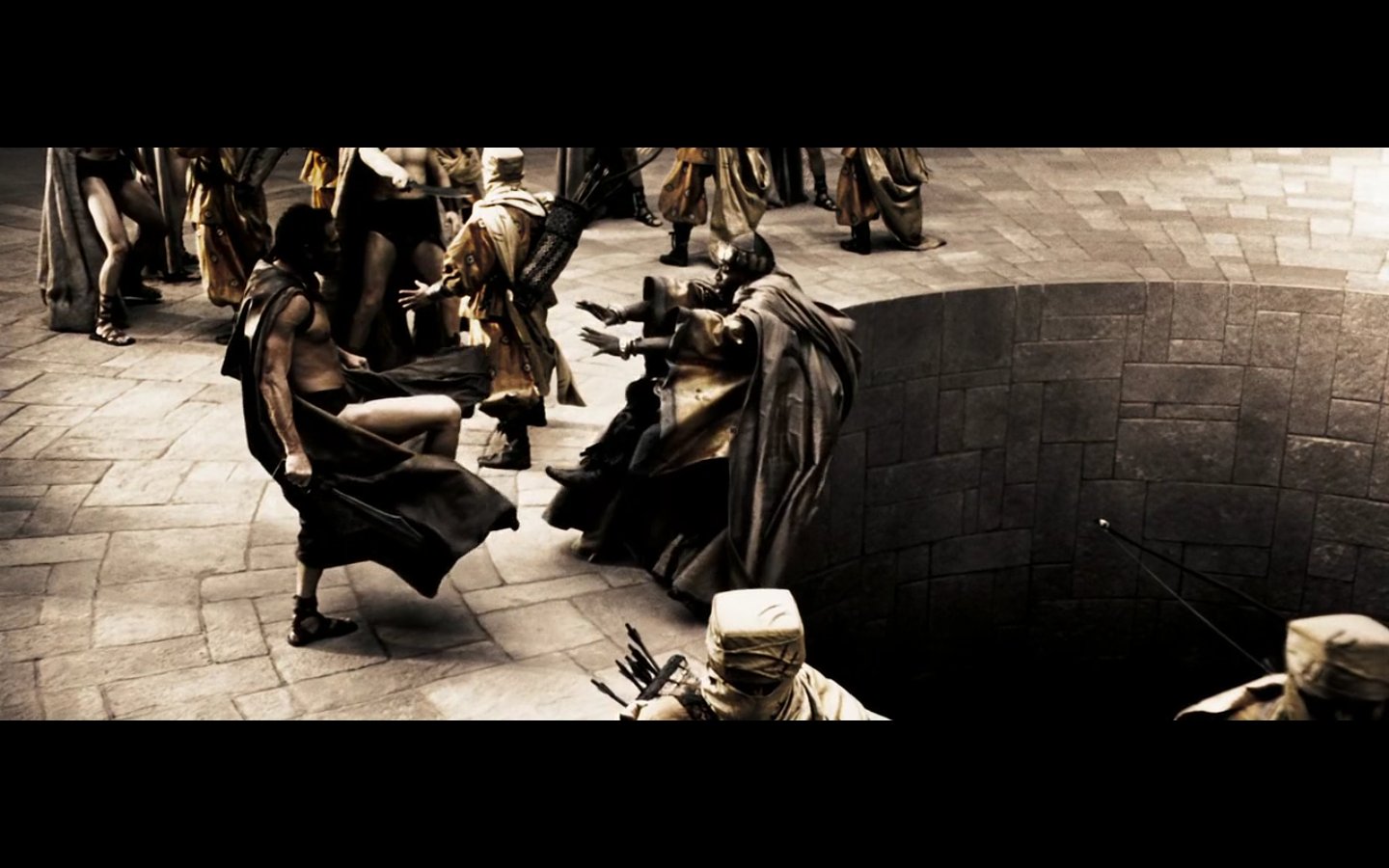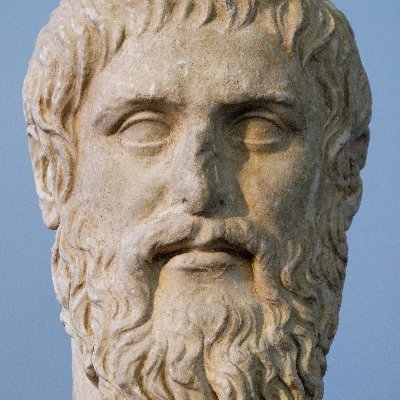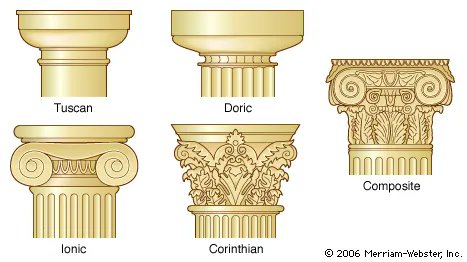- This is the current year in various calendars:
Assyrian - 6771 Hebrew - 5782 Chinese - 4720 Julian - 2775 Buddhist - 2563 Gregorian - 2022 Hindu - 1943 Islamic - 1443 Iranian - 1440 French Revolutionary - 230
- Socrates never wrote anything. And even if he did, none of it survives. Everything we know about him and his philosophy comes from his pupils, especially Plato.
-
The oldest city in the world is Çatalhöyük in Turkey. It was founded before 7,000 B.C. and had a population of 10,000.
-
Ancient humans knew the world was round. Eratosthenes of Cyrene calculated its circumference within 2% of the real figure in the 3rd century B.C.
- The broad eras of classical music are: -Medieval (500-1400) -Renaissance (1400-1600) -Baroque (1600-1750) -Classical (1750-1830) -Romantic (1830-1900) -Modern (1900-1950) -Contemporary (1950+)
- Words like mother, fire, worm, we, this, and ashes date back at least 15,000 years. Not just words with the same meaning: words with the same meaning and sound.
If you could speak to an Ice Age human, they might understand these words.
-
WW1 and WW2 were not the first global conflicts. There were others before, such as the Seven Years' War, the War of the Spanish Succession, and the French Revolutionary Wars.
-
A symphony is a large musical composition for full orchestra divided into four sections.
-
The real reason for Ancient Rome's success and longevity wasn't its military might, but its political and legal system.
-
The oldest named individual in history was an Ancient Mesopotamian accountant called Kushim, who lived sometime between 3,400 and 3,000 B.C.
-
Ancient Greece wasn't a united country or kingdom. It was a collection of culturally-aligned city states with many differences who spent much of their time fighting one another.
-
There are 29 monarchies in the world, reigning over a combined 43 nations.
-
There is no statute forbidding murder in England.
-
Gothic architecture is defined by the pointed arch, which was brought back to the Europe after the Crusade, as opposed to the rounded arch of Classical architecture.
- The word barbarian is really just ancient propaganda. The Greeks used it to describe non-Greek peoples, the word being an imitation of foreign languages which sounded like gibberish to them.
So "barbarians" weren't necessarily less civilised. They just weren't Greek.
- Alexander the Great's conquests reached Ancient India, and afterwards a whole Indo-Greek culture appeared which involved a fusion between Hellenism and Buddhism.
This is a coin depicting Menander I, an Indo-Greek king, with both Greek and Kharosthi script.

- The oldest board game in the world is known as the Royal Game of Ur, dating from around 2,400 B.C.

- The oldest named poet in history was called Enheduanna. She lived in the 23rd century B.C. and was a priestess in the Ancient Mesopotamian City of Ur. She wrote a number of hymns which still survive.
- In the Bible Jesus' Twelve Apostles were: -Simon (also known as Peter) -Andrew -James (son of Zebedee) -John -Philip -Bartholomew -Thomas -Matthew/Levi -James (son of Alphaeus) -Thaddaeus -Simon the Canaanite/Zealot -Judas Iscariot
-
Pakistan is an acronym for Punjab, Afghania, Kashmir, Sindh, and Baluchistan.
-
There are 88 official constellations. 48 of them are regarded as "ancient", having been catalogued by the Babylonians, Greeks, and others.
-
13th century university students were taught the trivium (grammar, logic, rhetoric) and quadrivium (arithmetic, astronomy, music, geometry).
-
The Mahābhārata is more than 1.8 million words long, which is ten times the length of the Iliad.
-
Greece actually missed out on the Renaissance, despite its ancestors being the ones who inspired it.
-
There are at least 170,000 words in the English language which are in use, of an estimated 1 million words altogether.
- The Bronze Age Collapse in 1,200 B.C. was the downfall of several ancient civilisations in near-apocalyptic circumstances.
Over several decades there were volcanic eruptions, earthquakes, droughts, and the invasions of the mysterious "Sea Peoples."
-
Japan's monarchy is the oldest in the world, dating back to at least 539 A.D., and it has the only remaining head of state whose title is Emperor.
-
The Roman Kingdom was founded in 753 B.C., the Republic in 509 B.C., and the Empire in 27 B.C.
-
William Shakespeare wrote 37 plays: 17 comedies, 10 tragedies, and 10 histories. (Though there's disagreement about how to categorise some plays!)
-
A simple way to recognise Baroque music is by the harpsichord, a distinctive instrument of the era.
- This scene from the film 300 is actually based on an anecdote from the Histories of Herodotus, written in the 5th century B.C., in which Persian messengers are thrown into a well (in Sparta) and the "pit of punishment" (in Athens).


